-

by Mitchell Thompson Dec 9, 2020 9 min read
-

by Baijayanta Mukhopadhyay Oct 28, 2020 4 min read
-

by Ryan Hayes Oct 28, 2020 14 min read
-
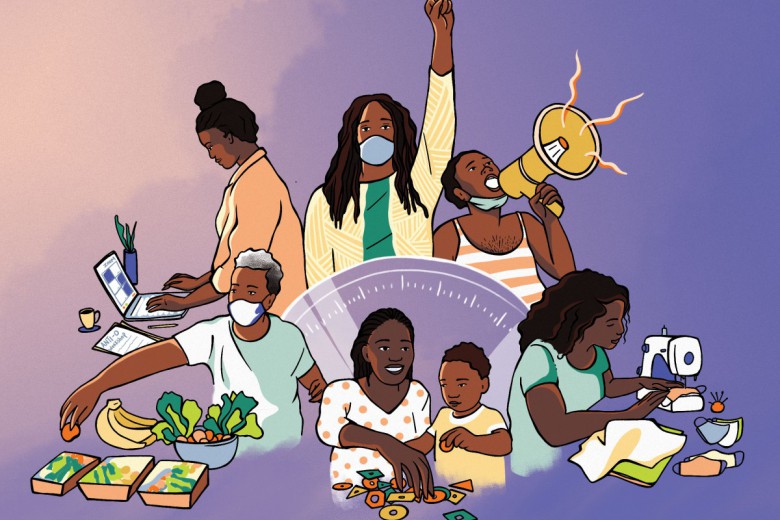
by Hawa Y. Mire Oct 28, 2020 16 min read
-
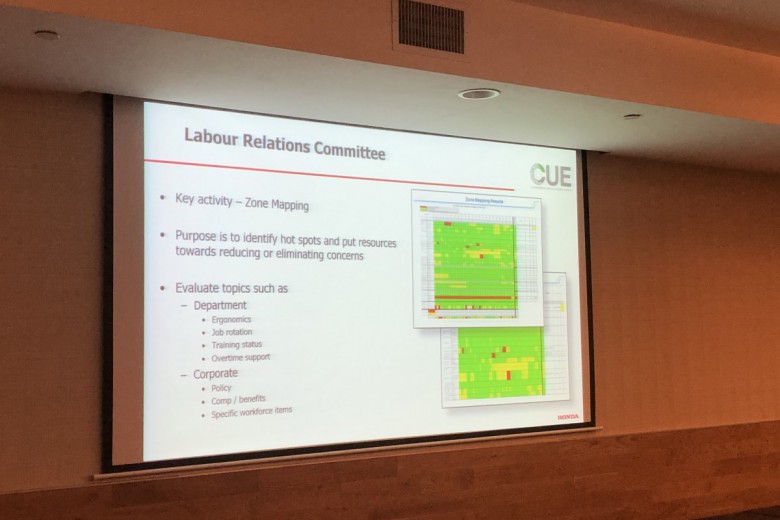
by Mitchell Thompson Sep 1, 2020 9 min read
-
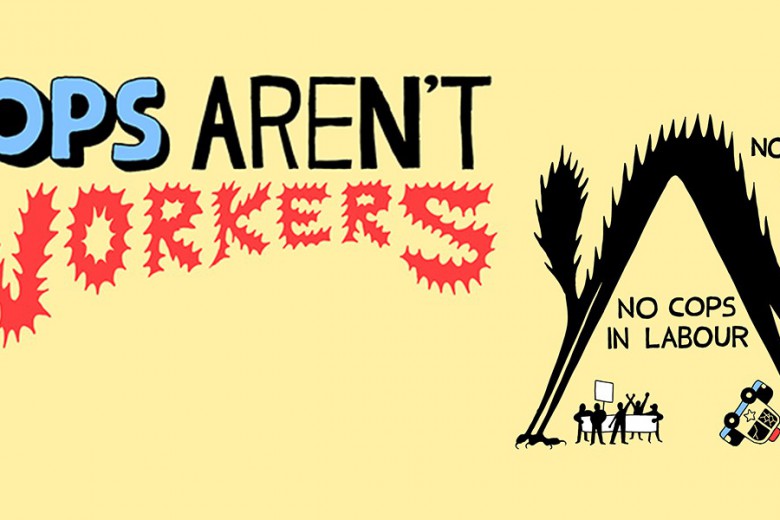
by Ryan Hayes Jun 20, 2020 10 min read
-

by Daniel Hoyer Jun 1, 2020 10 min read
-

by Ryan Hayes and Edward Hon-Sing Wong May 20, 2020 9 min read
-

by Jon Milton Feb 24, 2020 6 min read
-

by Bee Khaleeli Oct 29, 2019 14 min read
-
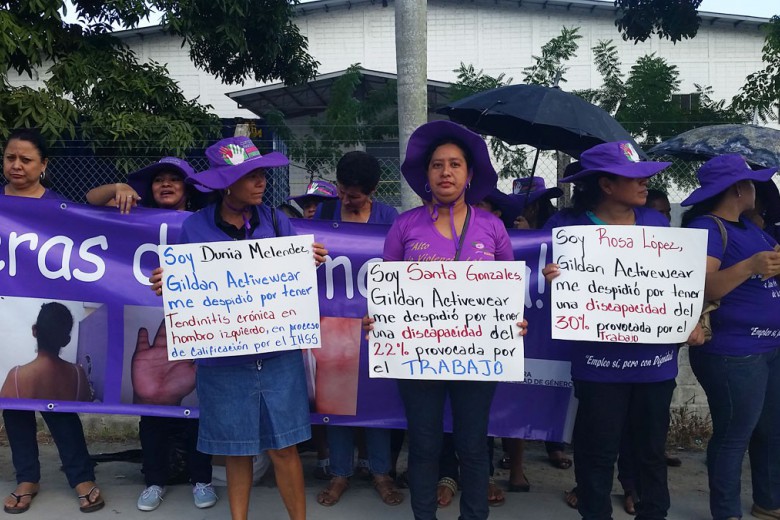
by Samantha Ponting Oct 29, 2019 19 min read
-

by Erin Innes Oct 29, 2019 14 min read
-
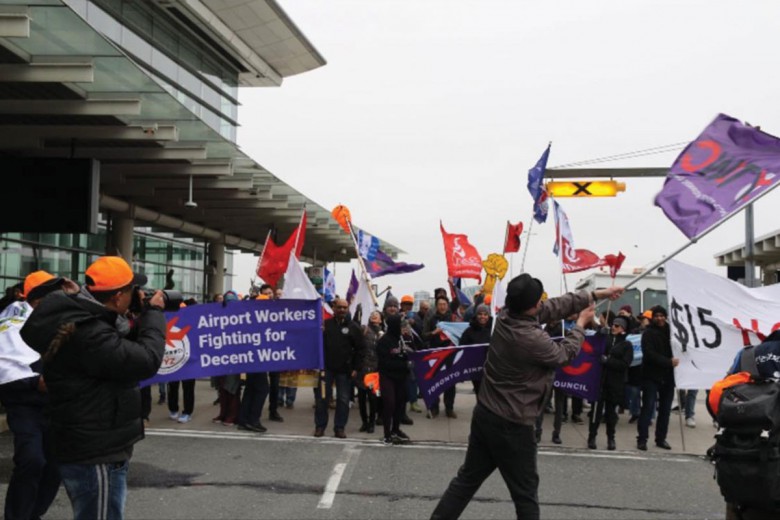
by Kate Jacobson Oct 29, 2019 11 min read
-

by Lindsay Blewett Oct 29, 2019 6 min read
-

by John Loeppky Oct 29, 2019 10 min read
-

by Saima Desai Oct 29, 2018 4 min read
-

by Rushdia Mehreen and David Gray-Donald Aug 29, 2018 10 min read
-

by Rosie Long Decter Aug 17, 2018 5 min read
-

by Rhea Rollmann Jun 28, 2018 14 min read
-

by Kate Jacobson Apr 30, 2018 9 min read






















